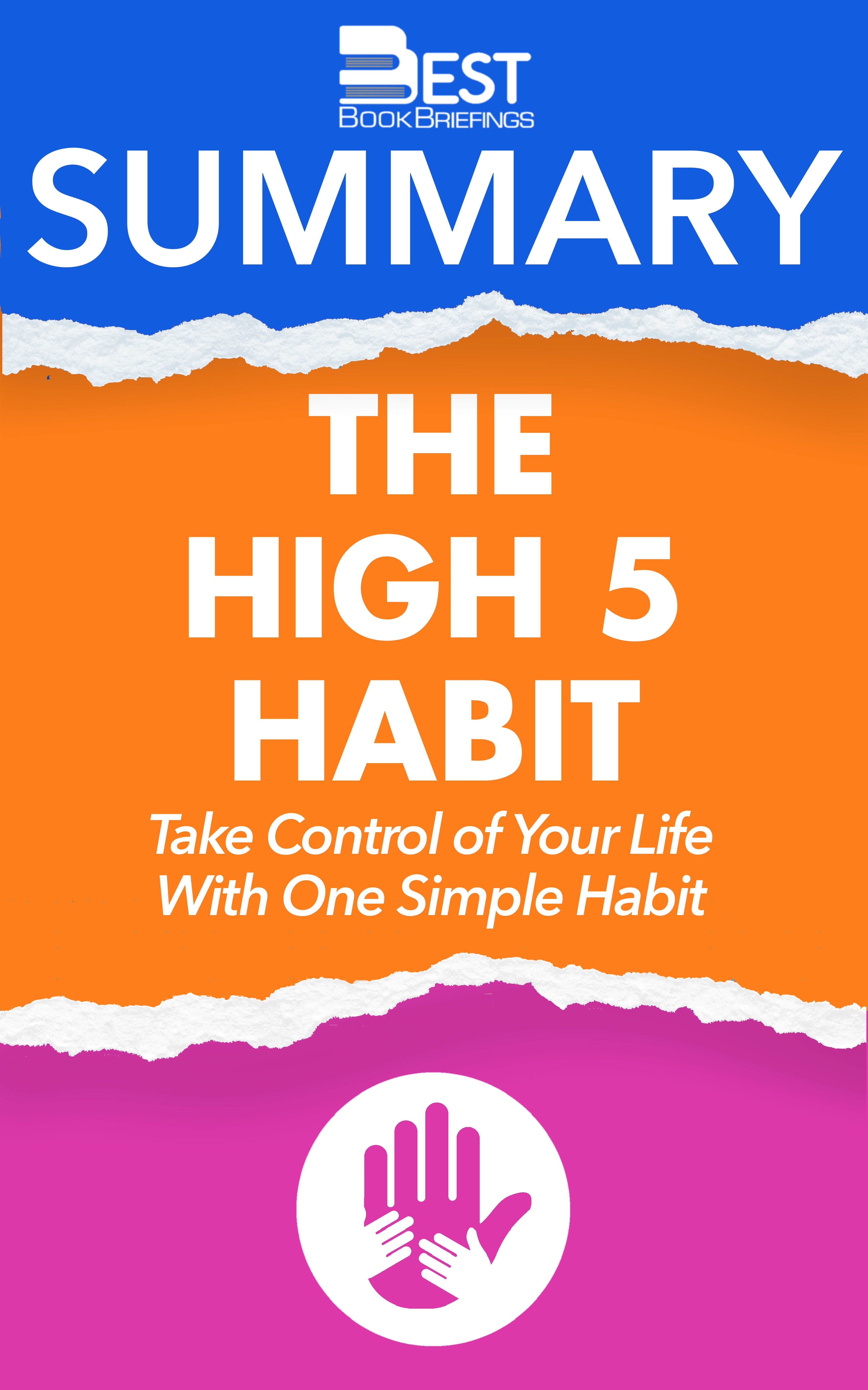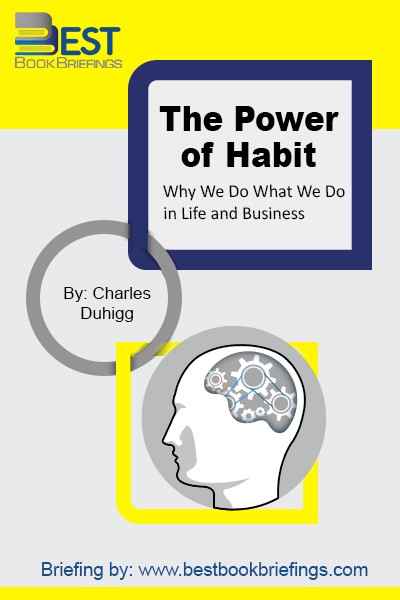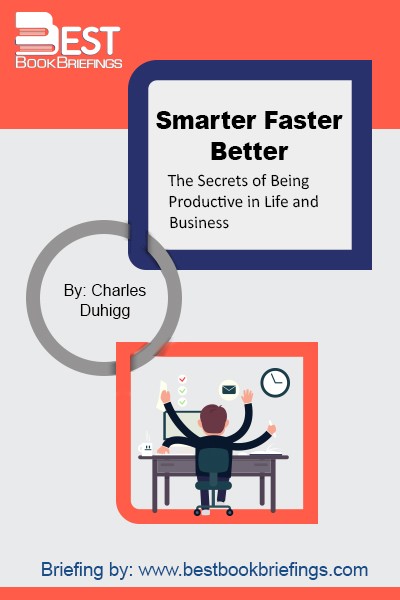The Power of Habit
Why We Do What We Do in Life and Business
Number of pages: 400
Publisher: Random House
BBB Library: Psychology and Strengths, Personal Success
ISBN: 9781400069286
Editorial Review
When you woke up this morning, what did you do first? Did you hop in the shower, check your email, or brush your teeth? Which route did you drive to work? When you got to your desk, did you chat with a colleague or jump into a memo? Salad or hamburger for lunch? “All our life, so far as it has definite form, is but a mass of habits,” Williams James wrote in 1892. Most of the choices we make each day may feel like the products of well-considered decision making, but they are not. They’re habits. And though each habit means relatively little on its own, over time, the meals we order, what we say to our kids each night, how often we exercise, and the way we organize our thoughts and work routines have enormous impacts on our health, productivity, financial security, and happiness. In the past decade, our understanding of the neurology and psychology of habits and the way patterns work within our lives, societies and organizations has expanded in ways we couldn’t have imagined fifty years ago. We now know why habits emerge, how they change, and the science behind their mechanics. We understand how to make people eat less, exercise more, work more efficiently, and live healthier lives. Transforming habits isn’t necessarily easy or quick, it’s not always simple, but it’s possible.
Book Reviews
Books on Related Topics

What if a few simple strategies could radically transform your life? What if exercising, eating healthy, staying organized, saving money, and reading was something you did automatically? Certified mental trainer, Patrik Edblad, has helped 400+ clients create massive change in their lives. Drawing from his vast experience, as well as his in-depth

Pioneering research psychologist Roy F. Baumeister collaborates with New York Times science writer John Tierney to revolutionize our understanding of the most coveted human virtue: self-control. Drawing on cutting-edge research and the wisdom of real-life experts, Willpower shares lessons on how to focus our strength, resist temptation, and redirect our lives.

Procrastination is the voluntary delay of an intended action despite the knowledge that this delay may harm the individual in terms of the task performance or even just how the individual feels about the task or him/herself. Procrastination is a needless voluntary delay. There are many types of delay in our

In her global phenomenon The 5 Second Rule, Mel Robbins taught millions of people around the world the five second secret to motivation. And in her latest bestseller, she shares another simple, proven tool you can use to take control of your life: The High 5 Habit.This isn’t a book about high

We don’t usually take care of the tiniest of details and what they might tell about people or events happening around us. And Lindstrom thought that this is where marketers should start from. It’s not about the big data, instead, the details that aren’t obvious. Even if people share the same

For the last twenty years, Melinda Gates has been on a mission to find solutions for people with the most urgent needs, wherever they live. Throughout this journey, one thing has become increasingly clear to her: If you want to lift a society up, you need to stop keeping women




